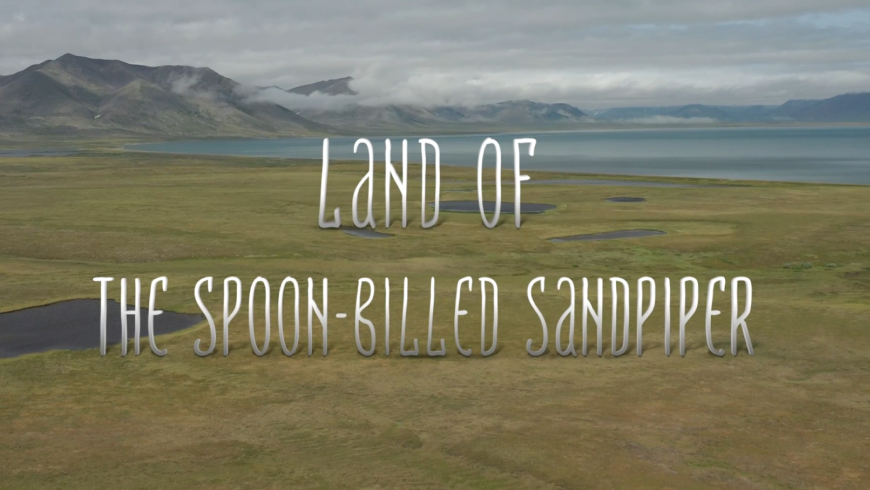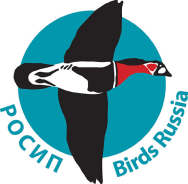

Julia Darkova
and Andrey Maksimov Film
and Andrey Maksimov Film

/

"I am Spoon-billed sandpiper.
I was called so because of the unusual shape of my beak. It looks like a spatula
Once there were many of us, several thousand, but now… there're almost no more of us left "
I was called so because of the unusual shape of my beak. It looks like a spatula
Once there were many of us, several thousand, but now… there're almost no more of us left "
There are
150 pairs left
Over 50 years, the population has
decreased
BY 90%
BY 90%
Any natural or man-made
disaster can wipe out
disaster can wipe out
ALL POPULATION
The spoon-billed
sandpiper —
sandpiper —
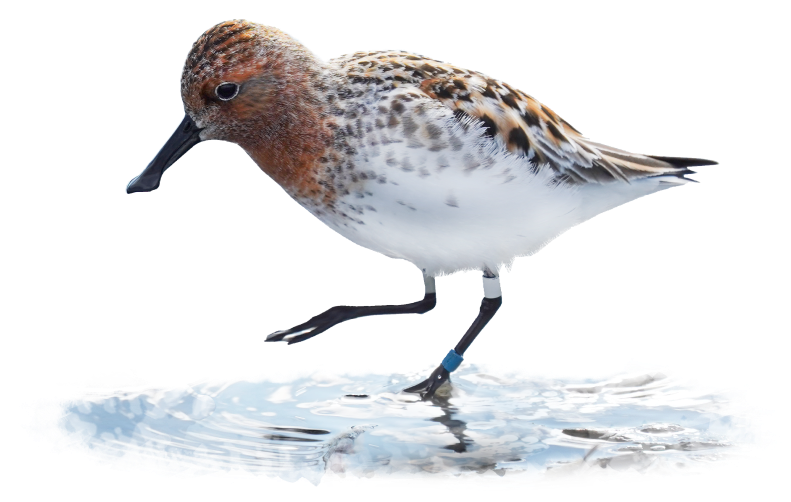
is a new symbol
of biodiversity conservation
of biodiversity conservation
Ecological indicator
Birds are considered an indicator not only for environmental degradation of their habitats, but also the planet as a whole. The worse the environmental degradation, the more difficult it is for birds to adapt to its changes.
Problem solution
The spoon-billed sandpiper is not the only critically endangered. However, the study of its genome can help in understanding the reasons for the disappearance of other animal species. Drawing attention to the problem of a single species will help people reconsider their attitude to nature and nature management.
Biodiversity is harmed
The spoon-billed sandpiper is a symbol of biodiversity conservation and critically endangered in Russia. The possible disappearance of the spoon-billed sandpiper as a nesting endemic of Russia is another alarming signal of destructive environmental changes in the world. But we can still fix it.
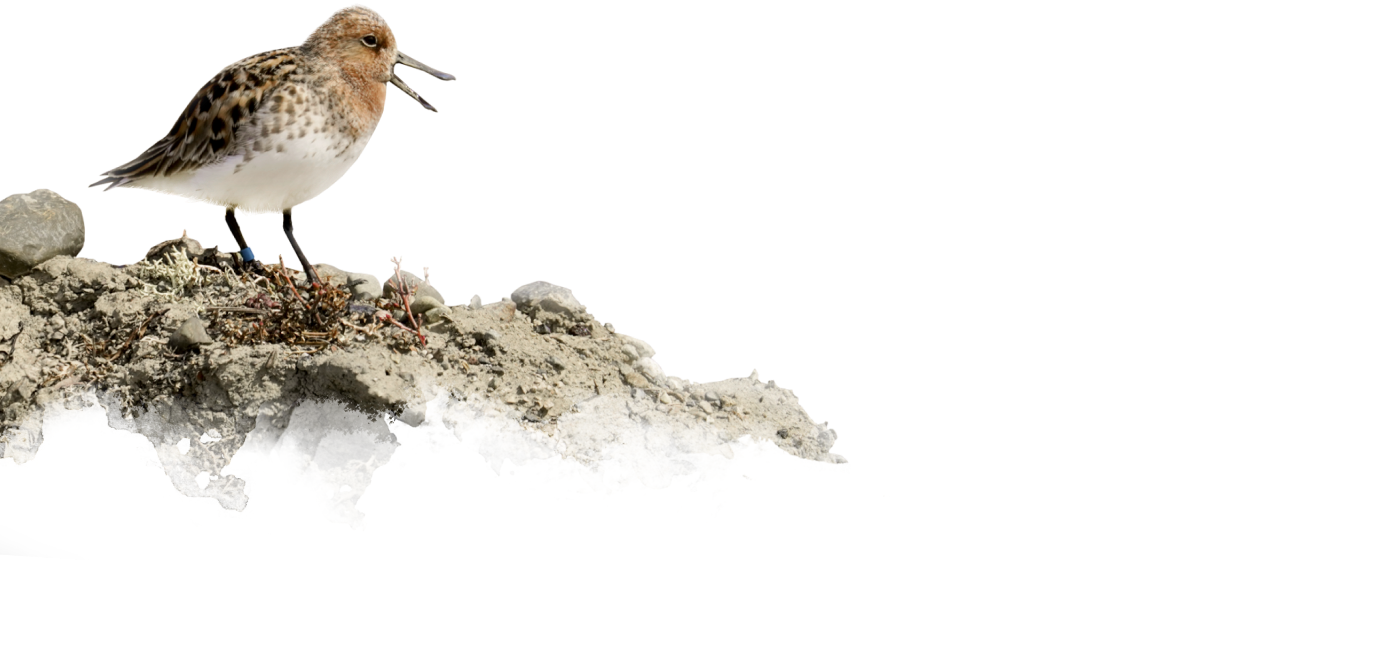
CHUKOTKA AS YOU NEVER SEEN IT
In the film, we show Chukotka through the eyes of the spoon-billed sandpiper, from the height of its flight, from the side of the nests, and even what it can see in moments of danger. For the viewer, this is a unique opportunity to enjoy the views of untouched nature and feel part of it. Chukotka is one of those rare places on the planet where nature has remained pristine. And we, the people, are responsible for the preservation of this beauty.

Land of the spoon-billed sandpiper
The world's first film about a bird that is almost non-existent. Conceived as a trilogy.
The spoon-billed sandpiper and the others. Part 1.
The spoon-billed sandpiper and man. Part 2
You will learn how the problem of species extinction has united people from many countries. Every summer, scientists come to the small Chukchi village of Meynypilgyno. Since 2012, the "Trip to Life" program has been operating here, initiated by BirdsRussia, a voluntary non-governmental association which protects and studies birds in Russia. The film tells how ornithologists managed to reduce the population decline of spoon-billed sandpipers through a programm.
The spoon-billed sandpiper and the planet. Part 3
In winter, like many birds, the spoon-billed sandpiper goes to warmer climes. In the third film, we will show the life of the spoon-billed sandpiper on its flyway (Kamchatka, and then China, Bangladesh, Thailand, Myanmar).
The spoon-billed sandpiper will tell in the first person the secrets of its personal life during the nesting period, family traditions of other birds and how some mammals feel in Chukotka. We will find out what difficulties the sandpiper has to face in Chukotka, what affects its population there and in wintering areas in Southeast Asia, and why it disappears.
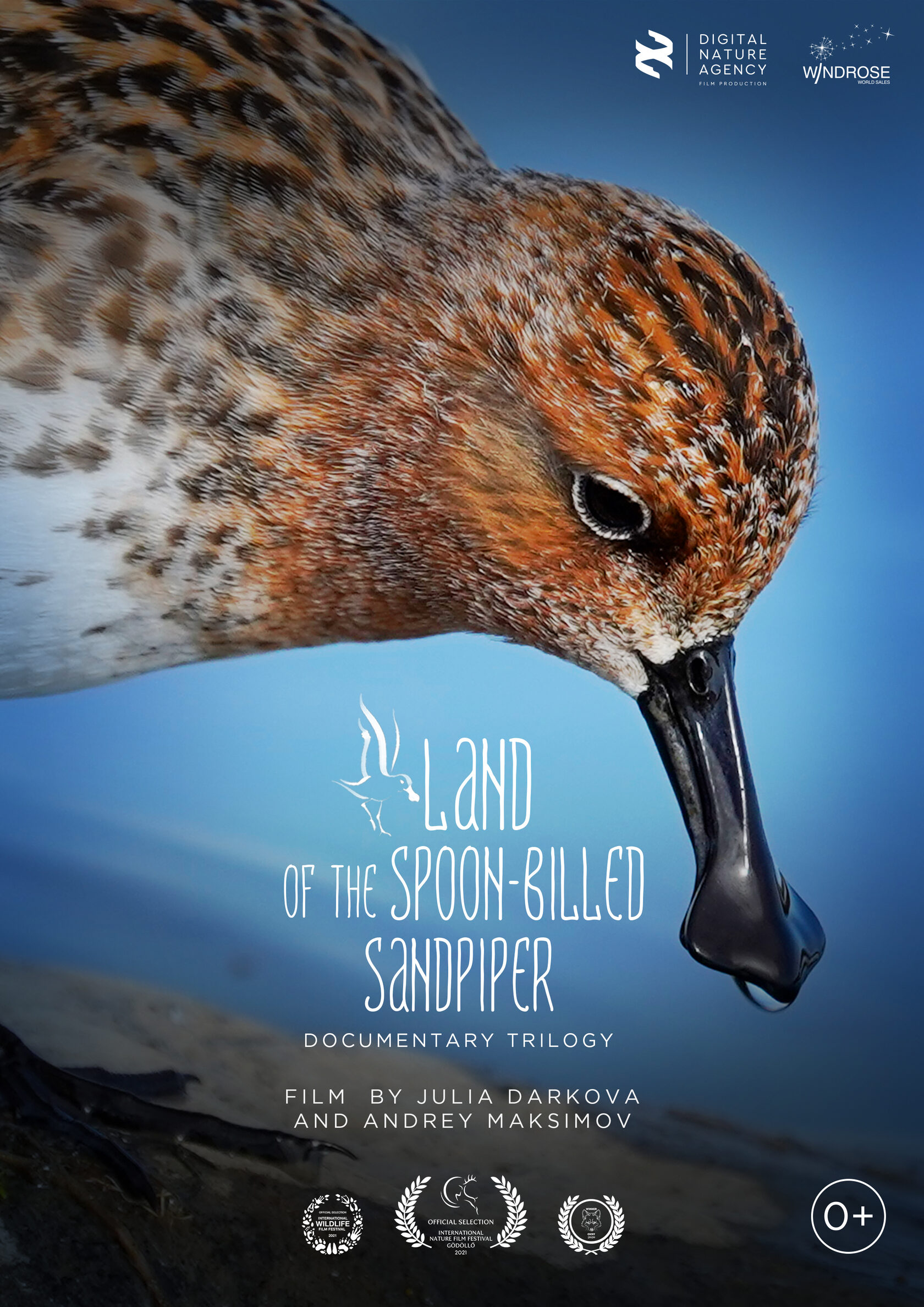
Film Crew
Laureate of "A Man and a Sea" documentary film festival, laureate of the "My Planet" portal competition in the Travel Video nomination, creative producer, director, photographer, cameraman, marine geologist, traveler, yachtswoman, member of the Baikal-Alaska expedition (in 2018 passed through the water from Kamchatka to Chukotka on an inflatable catamaran).
Yulia Darkova
Laureate of the RGS photo contest "The Most Beautiful Country", geographer, zoologist, photographer, dynamic operator, traveler, member of the Russian Geographical Society (RGS), co-founder of BirdsRussia a voluntary non-governmental association which protects and studies birds in Russia.
Andrey Maksimov
Science project
The film is being created in cooperation with BirdsRussia, a voluntary non-governmental association which protects and studies birds in Russia, which is headed by Russian scientist Evgeny Syroechkovsky. Since 2012, the "Trip to Life" program has been launched in Chukotka, under which scientists collect spoon-billed sandpiper eggs from nests, keep them in incubators, and then raise the hatched chicks there in a closed enclosure (aviary).
It helped to increase nesting by several (or almost five) times. Birds released from the aviary then fly away to their wintering grounds.
It helped to increase nesting by several (or almost five) times. Birds released from the aviary then fly away to their wintering grounds.
A new conservation area is being created in southern Chukotka now, the spoon-billed sandpiper Land Natural Park. Under its protection will be not only the nesting places of the sandpiper, but also most of the territory with a unique nature.
Our film is about how a small endangered bird nesting in Chukotka united locals and people from all over the world. How scientists from many countries came to a distant Chukotka village on the coast of the Bering Sea, created a big project and opened laboratories right in the tundra, next to bears, walruses and whales.
The story is about a new world in which the risk of irretrievably losing any kind of animal becomes a wake-up call for people from all over the world. They unite together to save the spoon-billed sandpiper and solve the global problems of extinction of species on our planet!
The story is about a new world in which the risk of irretrievably losing any kind of animal becomes a wake-up call for people from all over the world. They unite together to save the spoon-billed sandpiper and solve the global problems of extinction of species on our planet!


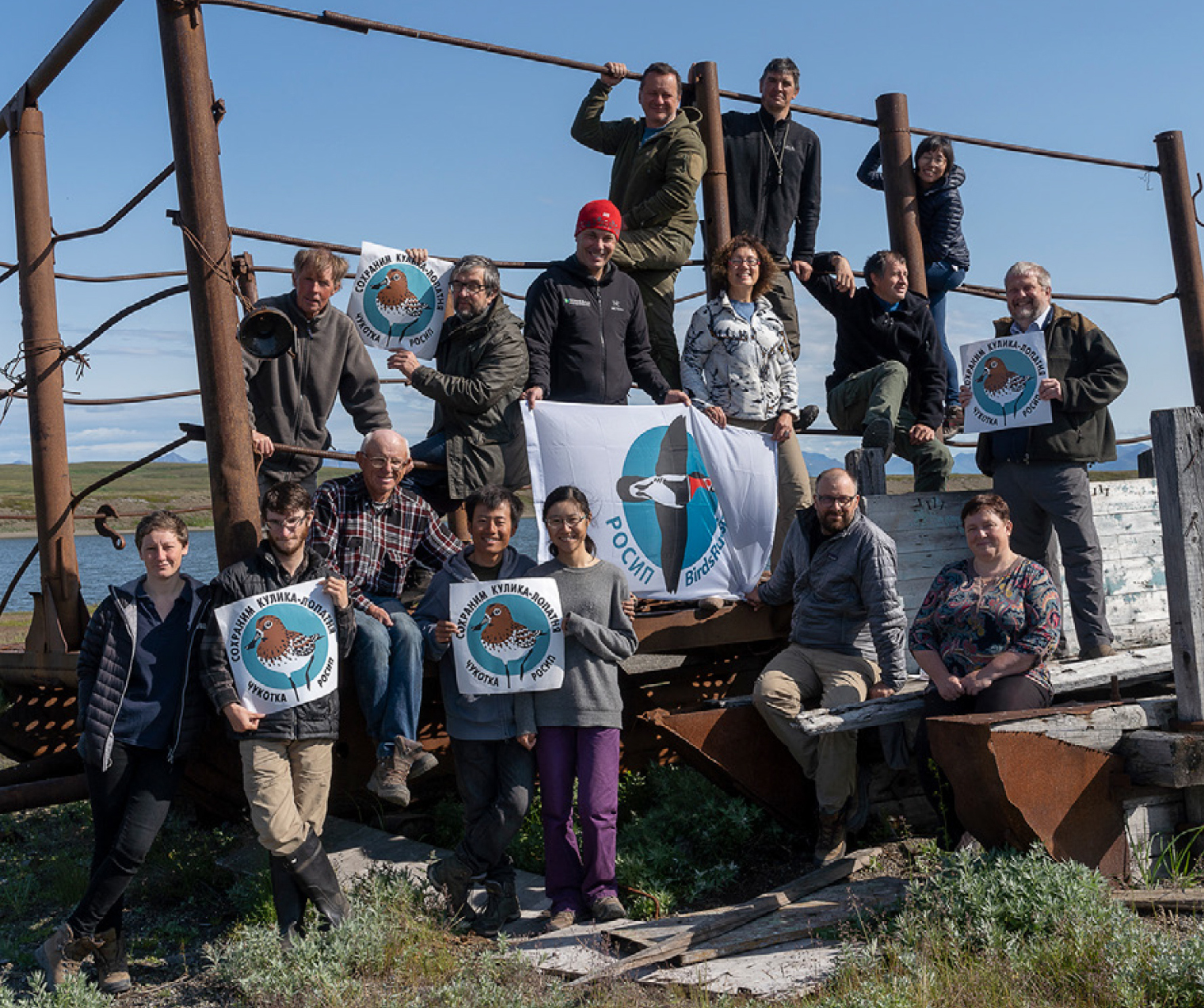
We want to draw even more attention to the international project "Trip to Life" with a documentary trilogy about the spoon-billed sandpiper. The project is held in Russia and coordinated by BirdsRussia, a voluntary non-governmental association which protects and studies birds in Russia.
Scientists from Austria, Great Britain, Germany, China, Russia, the USA, Singapore and other countries are participating in the project.
Scientists from Austria, Great Britain, Germany, China, Russia, the USA, Singapore and other countries are participating in the project.


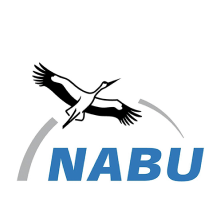

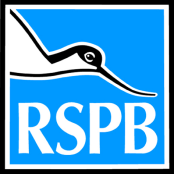
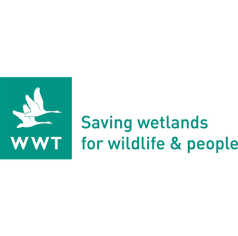


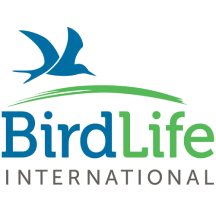

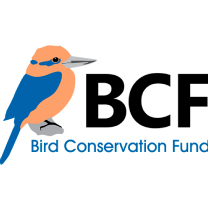


Supported by
The documentary trilogy about the spoon-billed sandpiper is being implemented with the support of the scientific and educational platform "The Earth Through Your Eyes. Live! Shoot!", which supports filmmakers and photographers, scientists, travelers and develops the principle of a conscious attitude to nature.
Questions? Email us at:
welcome@birdschukotka.com
ALL RIGHTS RESERVED, LLC “RED SQUARE”
CONTACT US
Content Oriented Web
Make great presentations, longreads, and landing pages, as well as photo stories, blogs, lookbooks, and all other kinds of content oriented projects.


